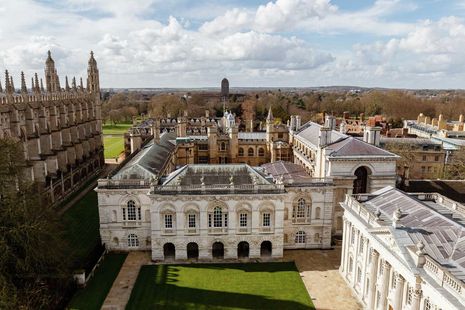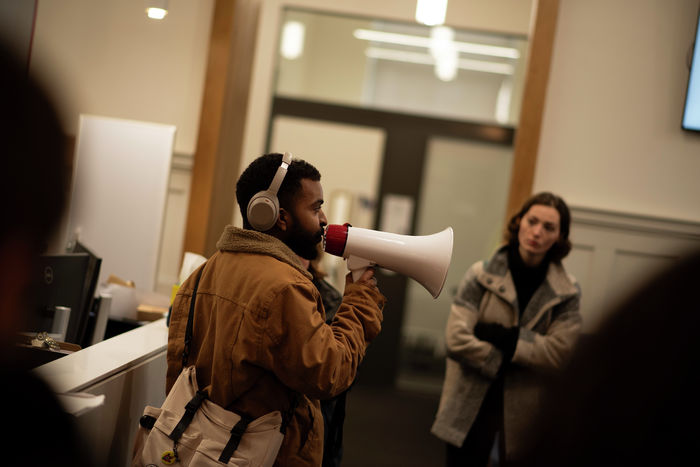Landmark free speech law to take effect at universities
Individuals will soon be able to seek financial compensation if their right to freedom of speech is breached by a University or students’ union

Key measures in the Freedom of Speech Act regulating higher education institutions will come into force on the first of August, and have been met with mixed reception by Oxbridge academics.
The Office for Students has published a timeline for the implementation of measures to strengthen the legal requirements on universities to protect freedom of speech.
The act received Royal Assent in May 2023, although the majority of its provisions are not yet in force.
The law includes a statutory tort that from August will enable individuals to bring legal proceedings against a university, college or students’ union that fails to comply with their freedom of speech duty.
If they have exhausted the institution’s complaints procedure, individuals will be able to seek legal redress for any loss – financial or otherwise – they have suffered from the breach of the free speech duty.
Julius Grower, Associate Professor of Law at the University of Oxford, told Varsity that he is “very supportive of the tort clause, which allows for the awarding of money remedies in favour of claimants, and against institutions like universities and colleges. This is significant because, to be blunt, money talks.”
“With the tort clause, the statutory entitlements are enforceable – simply and efficiently – by anyone who has had their rights violated,” he said.
According to Dr Grower: “That wide definition of loss is important, and will, in practice, probably mean that the tort is sufficiently strong to do its job. Non-pecuniary loss will cover loss of reputation, shame and humiliation, and loss of any other benefits.”
“And seeing now, as we saw during the passage of the legislation, university and college leaders moan about it so vociferously shows that it will have its intended effect,” he added.
The government’s free speech tsar and ex-Cambridge don, Arif Ahmed, is responsible for overseeing the rollout of the regulations.
However, not all Cambridge academics view the new legislation favourably. One senior don blamed the University’s response to the philosophy faculty race row on the act.
Earlier this term, “race-realist” fellow Nathan Cofnas sparked outrage when he argued in favour of the “preservation of racial distinctions” and said the number of black professors at Harvard would “approach zero” in a meritocracy.
Professor Nicholas Guyatt, History faculty director of undergraduate studies, wrote on the social network Blue Sky: “So my university inadvertently hired a ‘race realist’, then put him in charge of examining students’ work, and now can’t fire him because of the government’s ‘Freedom of Speech’ (2023) act, which seems designed precisely to perpetuate this farce.”
Emmanuel College Master Doug Chalmers said the legislation is a “complicating factor” in the Cofnas case at a town hall held last month to address the “race-realist’s” ongoing employment by the University.
 News / Hundreds of Cambridge academics demand vote on fate of vet course20 February 2026
News / Hundreds of Cambridge academics demand vote on fate of vet course20 February 2026 News / University Council rescinds University Centre membership20 February 2026
News / University Council rescinds University Centre membership20 February 2026 News / Judge Business School advisor resigns over Epstein and Andrew links18 February 2026
News / Judge Business School advisor resigns over Epstein and Andrew links18 February 2026 News / Petition demands University reverse decision on vegan menu20 February 2026
News / Petition demands University reverse decision on vegan menu20 February 2026 News / Caius students fail to pass Pride flag proposal20 February 2026
News / Caius students fail to pass Pride flag proposal20 February 2026











